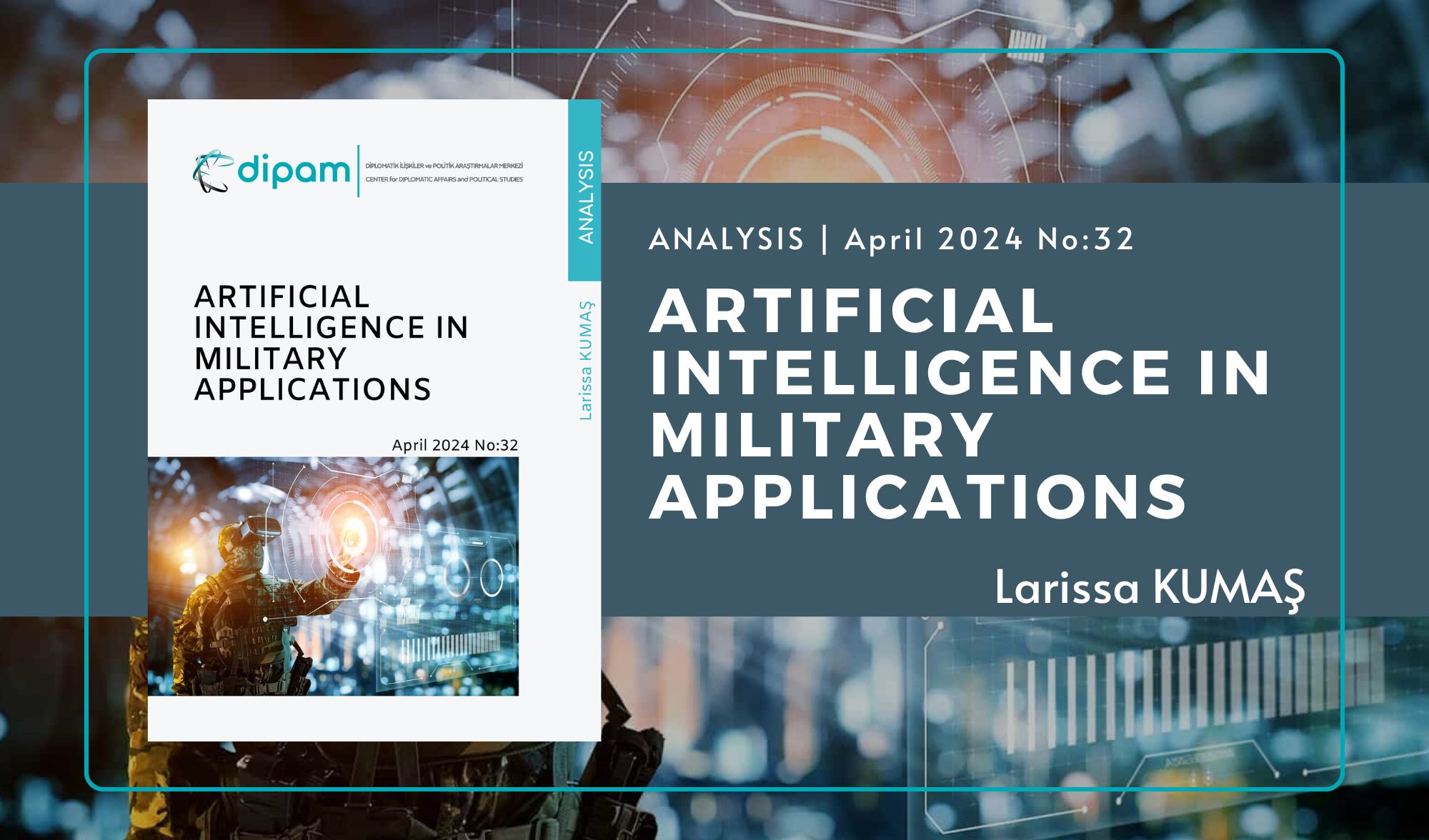The introduction of artificial intelligence into our lives, aside from leading to fundamental changes in many areas of daily life such as health, education, commerce, and finance, is also witnessing an unprecedented revolution in military fields that will have major impacts on international peace and security, including defense and offense. This situation indicates that military power can be achieved not just through the size of the army or the abundance of weapons but also by having superiority in artificial intelligence algorithms among states or being closely associated with companies that have advanced in this technology. It also shows that those who possess this technology will control the power balances of the 21st century.
A study conducted by the Research and Markets research company estimates that the military market with artificial intelligence will experience a growth of 23.68 billion dollars during the 2022-2027 period and that the average annual growth rate will be 30.67%. The study mentions the main reasons for the growth in the military market of artificial intelligence as; the increasing integration of artificial intelligence into space-based systems, rising government expenditures due to conflicts, increasing private investments in artificial intelligence-based military technology, the development of autonomous systems, and the increasing demand for military security services. The biggest reason for these demands is the potential of artificial intelligence applications for “dirty and dangerous” jobs that risk human lives, save from hefty military training and logistics costs, and inflict maximum damage with minimal effort.
Especially after the Russia-Ukraine war, despite the increase in military and defense expenditures by the European Union against the Russian risk, it can be observed that people tend to not volunteer for the military and that there is a serious prejudice against the military in public opinion. The point reached by the West’s support to Ukraine has created an environment where investments in artificial intelligence can be practically observed. Indeed, in the context of Israel’s war against Palestine, it is possible to observe that autonomous artificial intelligence systems. They determine their targets almost on their own, produced targets at a much higher speed than in previous attacks. So much so that Andrew Borne, a senior counter-terrorism official in the former Office of the National Intelligence Director of the USA stated “These events in Ukraine, as well as Gaza, are like laboratories that are sadly doing some of the tragic, kinetic work needed to help us develop better AI policy and ethical considerations on a global level.” In this context, analyzing the military use of artificial intelligence, examining its advantages and disadvantages, and making future projections and recommendations in addition to existing legal regulations have become a necessity in today’s technological world.
…




